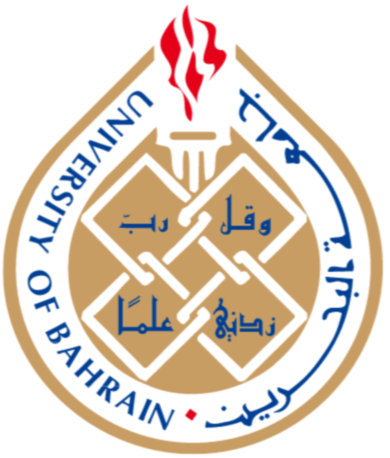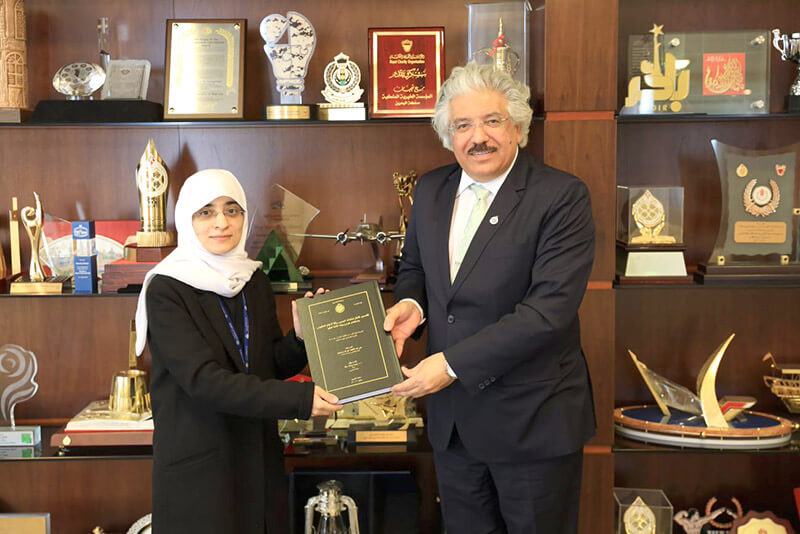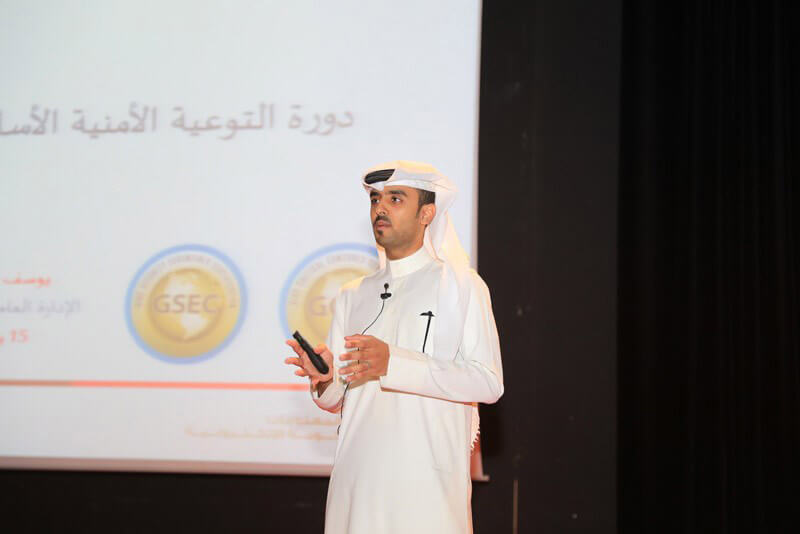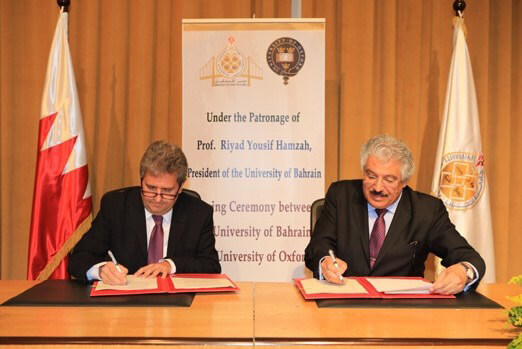NEWS
We are Facing Challenges, and We Have to Cooperate Within Strategic Plans to Address the Increase in Waste
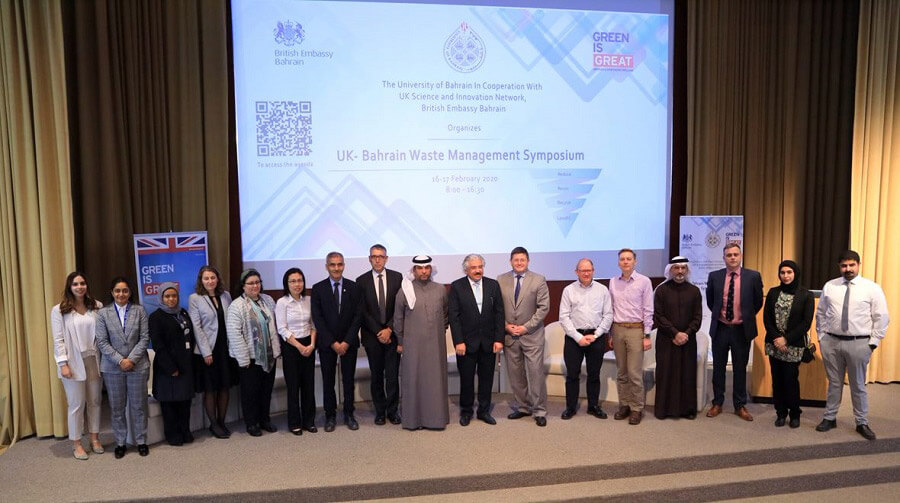
UOB and the British Embassy in the “Waste Management Forum”:
We are Facing Challenges, and We Have to Cooperate Within Strategic Plans to Address the Increase in Waste
Bahrain Produces 1.8 Million Tons of Waste Annually, Being the Highest in the Gulf
Important Initiatives by the “University”
The President of the University of Bahrain (UOB), Dr. Riyad Yousif Hamzah, stressed the importance of focusing on global solutions that are being adopted to address the danger of waste on the environment, and ways to reduce the quantities of waste produced annually in order to reduce its negative and destructive effects. Pointing out that the waste problem is a global challenge that researchers and experts worldwide work to find the optimal way to manage it.
In cooperation with the British Embassy, UOB ??organized the “Waste Management” Forum, which was held on Sunday (16 February 2020) at the E-Learning Center at the UOB in Sakhir, in the presence of the British Ambassador to the Kingdom of Bahrain Rudi Drummond, the CEO of the Supreme Council for the Environment Dr. Mohamed Mubarak Bin Daina, and a number of researchers, those interested and University faculty members, with the participation of a number of speakers from prestigious and distinguished British universities in the field of waste management, in addition to speakers from UOB and a number of private universities in the Kingdom.
The British ambassador reviewed the United Kingdom’s experience in facing the risks of increasing the amount of waste and possible solutions to reduce its quantities, stressing the importance of joint cooperation between the United Kingdom and the Kingdom of Bahrain towards finding solutions for waste management.
For his part, the Executive President of the Supreme Council for the Environment Dr. Mohamed Mubarak Bin Daina explained how problematic waste is in Bahrain, the local challenges in facing the escalating increase in the amount of waste, and methods of treating or disposing of it according to its type.
Moreover, the Head of the Physics Department at UOB, Dr. Hanan Mubarak Albuflasa stated that “The Kingdom of Bahrain produces 1.8 million tons of waste annually, which is the highest in the Gulf,” indicating that there are four companies accredited by the Supreme Council for the Environment to sort waste, and treat and recycle it as much as possible.
Furthermore, Dr. Albuflasa referred to the initiative of UOB to become a zero-waste university, meaning the total elimination of waste, pointing to the University provision of a number of special containers for waste sorting, including those for papers, plastics and metals, with the hope of spreading a greater number of these containers all around the University and especially in gathering spaces, aiming to spread the culture of sorting and reducing the volume of waste production. Also, she stated that “UOB has a huge number of students, so if we succeed in educating such student population, we have succeeded in sending a clear message to the community on the importance of preserving the environment and eliminating waste.”
Furthermore, she added that “There are initiatives and personal efforts made by individuals in the community to sort waste, which shows that a culture of waste sorting is present in Bahraini society.”
And during the forum sessions, speakers discussed the most important methods used in managing waste of all kinds, and the possibility of applying them in the Kingdom of Bahrain.
